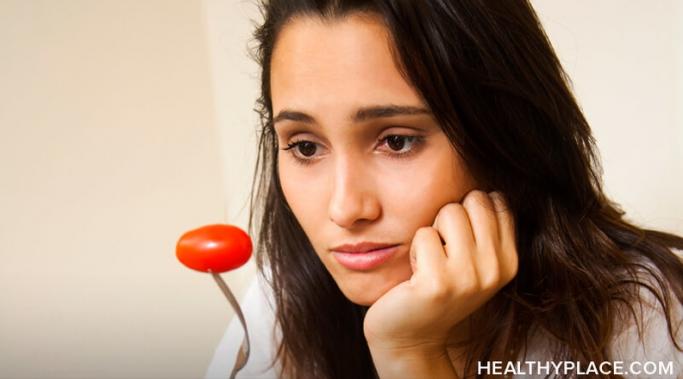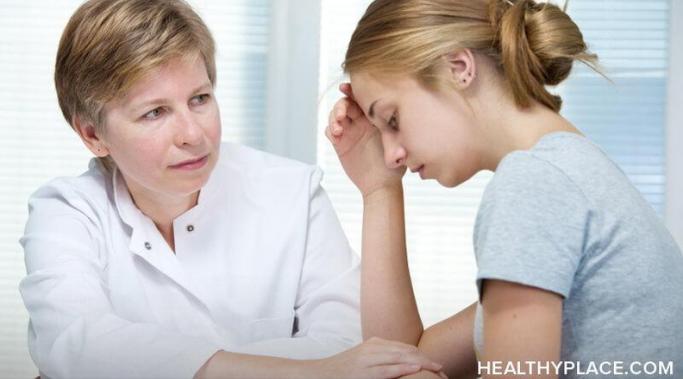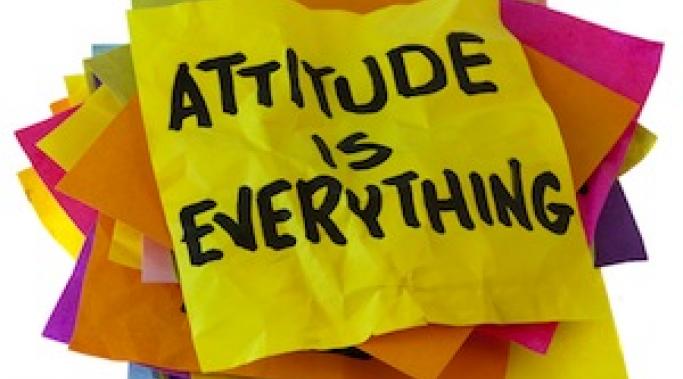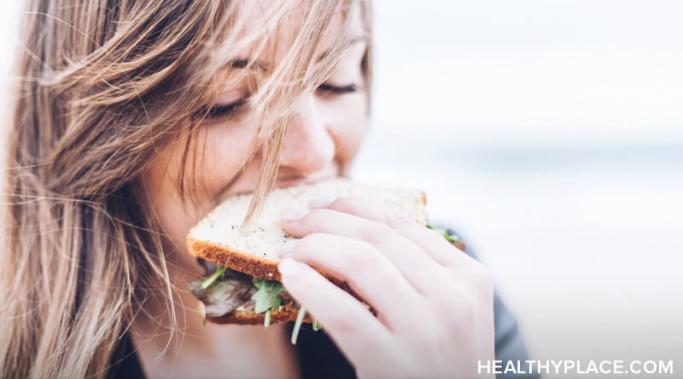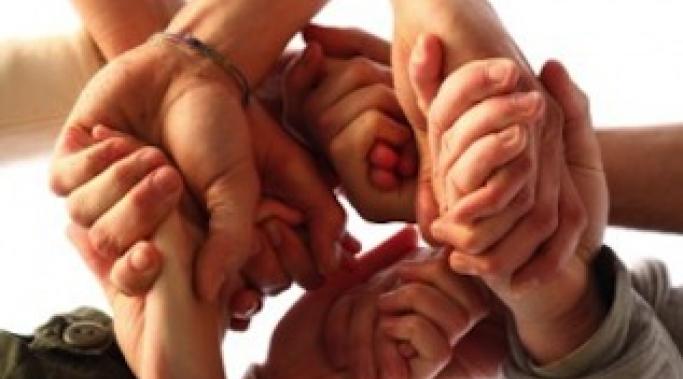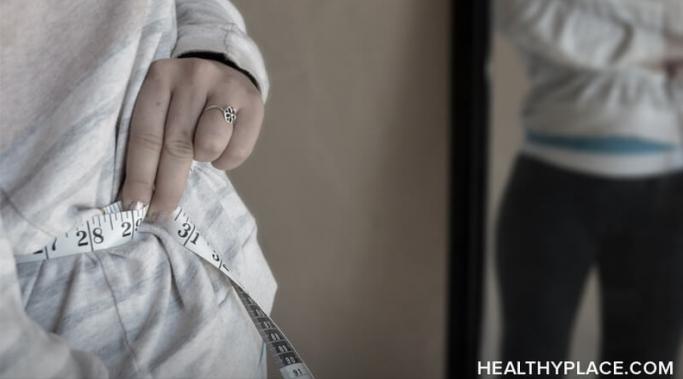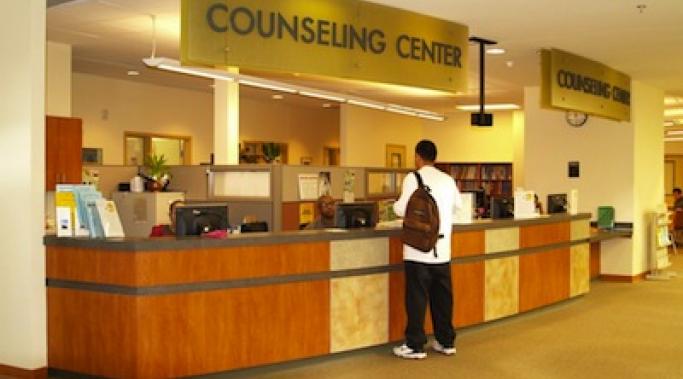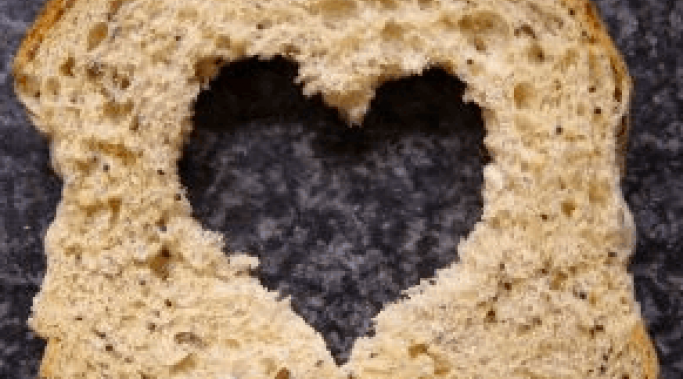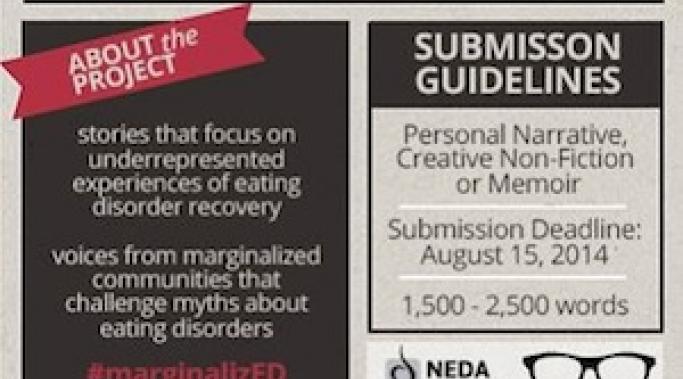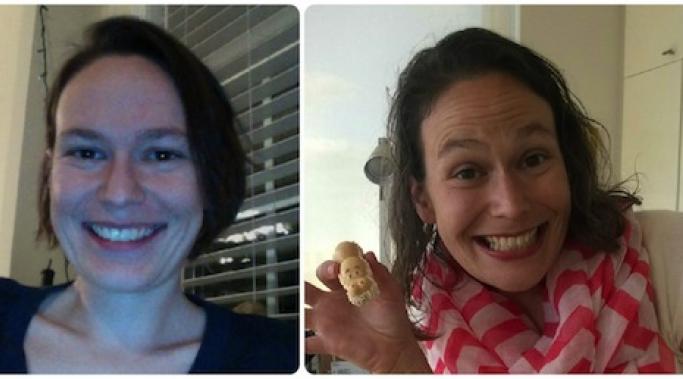There are a lot of things I wish insurance companies knew about eating disorders, but the reality is, the people who are deciding whether or not to pay for our eating disorder treatment are not always our doctors. They can be case managers, or people whose first priority is to make the company money. If the insurance company can reasonably deny your claim, they will.
And this makes me unbelievably angry. Here's what I wish insurance companies knew about eating disorders.
Eating Disorders Treatment
Around Christmas, I invited you guys to consider whether or not you are putting your recovery from an eating disorder as your first priority. I hope you were able to take some time and really sit with that question and come up with an honest answer for yourself. I have. That’s the thing about putting your eating disorder recovery first – you need to regularly check in with yourself and see if you are still putting your health and recovery first. And if you’re not, you need to figure out how to change that.
I was hospitalized in an inpatient facility for a few days recently (not for my anorexia, but a comorbid condition). I was there long enough to see some patient turnover and was reminded just how much the attitudes of people you are in treatment with can affect you. In school, we call this the "therapeutic milieu." I prefer to think of it as the general "vibe" of the unit.
In the last six years since the start of my eating disorder recovery, I've been pretty diligent in trying to make an effort not to skip meals along with the inevitable emotions that will surface at times when I interact with food. However, lately with the stress of an active lifestyle, I have found it harder to remember to enjoy and relax while eating, as it feels like it takes away time from other important things. Realizing that this could lead to falling into old patterns, I recently decided to take a mindfulness workshop whose topic was the art of eating with a clear mind, three times a day.
When it comes to my recovery from anorexia, like in a lot of areas of my life, I strive to be fiercely independent. Imagine a petulant toddler yelling, "I do it self!" at the top of her lungs and pushing people away while simultaneously crying because she can't actually "do it self." Excellent. You have just drawn yourself a picture of my first three years of recovery failures.
In my last post about being 24 and having an eating disorder, I looked back on my years in graduate school where I felt very lonely, even though I was often surrounded by many of my peers. Over time, and shortly after I started to get some help to manage my anxiety about food and body image, I had to understand why I had a tendency to engage in self-harm by binging and purging when I found myself in stressful situations.
I thought I'd share some simple ways which might help you gain some understanding of your eating disorder, though by no means do I claim that this might be the right way for you to go about your recovery process. This is simply me sharing my experience with you,and I do invite you to reach out to an eating disorder professional for support in your journey to recovery.
Throughout my numerous trips to treatment for anorexia, I have had the opportunity to connect with some amazing women. (While I have never been in a treatment facility with men, I have also met some amazing men through the course of my recovery.) Some of these women I met while they were still adolescents -- 14, 15, 16 years old. And this week, many of them are headed to college -- moving into dorms, meeting new people, taking harder classes. I'll be honest, I am scared to death that many of them are going to suffer an eating disorder relapse.
Raised in a mixed French and Irish household, the stove was the center of my childhood. I guess that made me predestined to be a foodie who now enjoys food, wine, cooking and baking. As I made my way through eating disorder recovery, I also found myself taking comfort in learning how to prepare most of the foods I grew up with, but used to deny myself for many years. Often, people who meet me now are a bit perplexed about how I can balance a passion for food, knowing that I struggled with an eating disorder for a number of years. I thought I’d share a little bit of how this "works."
As a voice for eating disorders awareness, education, and advocacy, I am glad to have a platform such as this blog where my voice can be "heard." Too often, popular media portrays a one-dimensional view of eating disorders. That said, I struggle with the fact that I am the exact stereotype that you see on television and in movies. I am a Lifetime Movie or After School Special waiting to happen. I am white, female, young, heterosexual, intelligent, middle class, and anorexic.
Last month, I was traveling with family and friends and had a chance to see just how far my recovery from anorexia has come. When I went back to inpatient treatment over a year ago, I wanted to get better - to recover - but was honestly starting to doubt if it was possible. It was my third trip to treatment in as many years. It hadn't "worked" before, so why would now be any different? Even in the year since returning from treatment, it hasn't looked so great at times.
